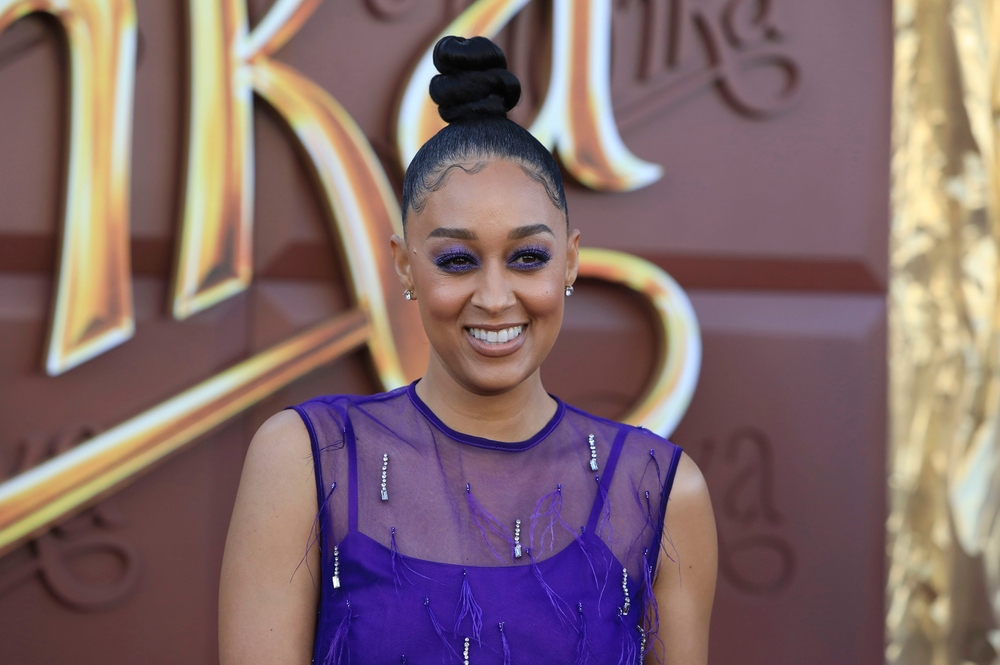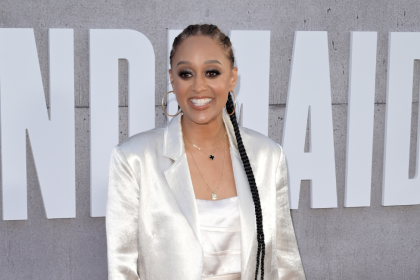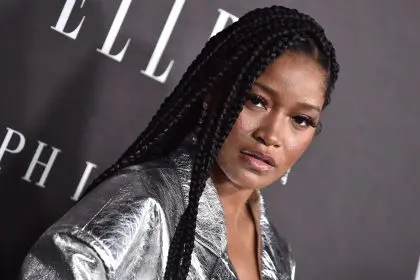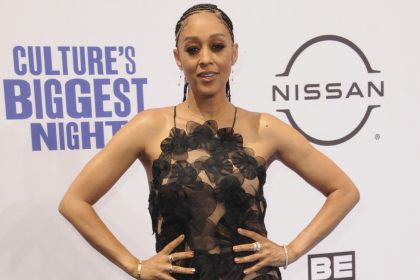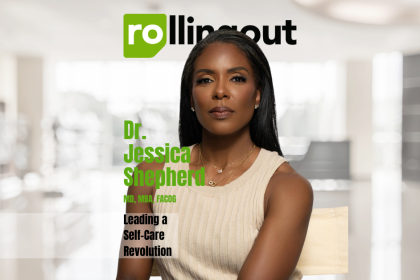At 46, Tia Mowry is crafting a new narrative about life after divorce that resonates with women navigating similar transitions. Following the end of her 15-year marriage to Cory Hardrict in 2023, the former “Sister, Sister” star has emerged as an unexpected voice for women embracing independence in their 40s, challenging long-held assumptions about happiness and fulfillment.
From fear to freedom
The journey from married life to singlehood often comes with emotional complexities that Mowry doesn’t shy away from discussing. In recent social media posts, she has opened up about her evolution from fearing being alone to embracing her independence. This transformation from apprehension to acceptance exemplifies the emotional growth many experience following significant life changes.
For Mowry, the initial concern about navigating life independently has given way to a newfound sense of personal authority. Her public presence reflects increasing confidence and self-assurance in recent months, suggesting that the transition, while challenging, has ultimately been empowering.
Redefining success on her own terms
In an entertainment industry that often scrutinizes women’s personal lives, Mowry is deliberately shifting the conversation. Through a series of social media posts showcasing her diverse activities, from international travel to red carpet appearances and quality time with her children, she demonstrates that fulfillment exists beyond romantic partnerships.
The actress regularly documents moments that highlight her multifaceted life: business meetings, family gatherings with her siblings Tahj and Tamera, and quiet moments of self-care that she describes as essential to her well-being.
These glimpses into her daily life serve a dual purpose: they celebrate her individual journey while subtly challenging the narrative that women, particularly those over 40, should prioritize finding a partner above other aspects of life.
Breaking cultural expectations
For women in many communities, including the African American community where Mowry is a beloved figure, traditional expectations about marriage and partnership can exert significant pressure. Cultural and religious influences often emphasize the importance of partnership, particularly for women approaching middle age.
Mowry’s public embrace of single life represents a notable departure from these norms. By visibly thriving without a romantic partner, she offers an alternative model for women who may feel constrained by conventional expectations.
Research supports the significance of this representation. According to recent studies on women’s happiness across different life stages, those who develop strong identities independent of relationship status report higher levels of life satisfaction in midlife and beyond, regardless of whether they eventually repartner.
The complexity of modern singlehood
While celebrating her independence, Mowry maintains nuance in her perspective on relationships. She acknowledges that embracing single life doesn’t mean rejecting the value of partnership entirely. Her social media posts reflect an honest approach about still valuing love while recognizing that happiness shouldn’t be measured solely by relationship status.
This honesty about the complex emotional landscape of singlehood resonates with many who feel pressured to present only positive aspects of their unpartnered status.
The actress emphasizes multiple dimensions of happiness beyond romantic relationships. This perspective reflects evolving societal attitudes about personal fulfillment, particularly for women in midlife who increasingly report finding meaning through diverse sources including career achievements, friendships, family relationships, and personal growth.
Creating a new template for midlife
At 46, Mowry represents a demographic of women increasingly charting independent paths. Census data indicates that women over 40 comprise one of the fastest-growing segments of the single population in America, with many choosing to remain unpartnered following divorce or separation.
Psychologists note that this demographic shift reflects broader changes in women’s economic independence and social autonomy. With greater financial stability and expanded social networks, women like Mowry have more options for creating fulfilling lives outside traditional relationship structures.
The actress exemplifies this trend through her multifaceted career pursuits. Beyond acting, she has expanded into cookbook authorship, lifestyle entrepreneurship, and digital content creation, all ventures that allow her to express creativity while maintaining the flexibility to prioritize parenting her two children, Cree and Cairo.
Modeling healthy co-parenting
Despite the dissolution of their marriage, Mowry and Hardrict have established a cooperative co-parenting relationship that prioritizes their children’s well-being. This aspect of Mowry’s post-divorce life offers another template for navigating family transitions with grace.
The couple’s approach focuses on maintaining stability for their children while allowing both parents to evolve individually. Family therapists often cite this balanced perspective as beneficial for both parents and children during significant family restructuring.
For Mowry, successful co-parenting represents another dimension of personal growth. The ability to separate past romantic dynamics from present parenting responsibilities demonstrates emotional maturity that many find challenging following relationship dissolution.
A broader movement of redefinition
Mowry’s public journey coincides with a cultural moment where many celebrities and public figures are openly discussing the benefits of intentional singlehood. This collective shift in messaging suggests growing social acceptance of diverse life paths, particularly for women in midlife.
With each post celebrating her independence, Mowry contributes to normalizing the experience of being unpartnered in one’s 40s. This representation matters particularly for women who may lack visible models of thriving single life within their immediate communities.
The actress joins a growing chorus of voices challenging outdated assumptions about women’s fulfillment being contingent on partnership. Together, these perspectives are reshaping cultural conversations about aging, independence, and personal satisfaction for women at all life stages.
The most profound aspect of Mowry’s journey may be its ordinariness, the quiet, day-to-day reality of a woman discovering newfound contentment on her own terms. In making this process visible, she offers reassurance to countless others that life’s second acts can hold unexpected joy, whether or not they include romance.

